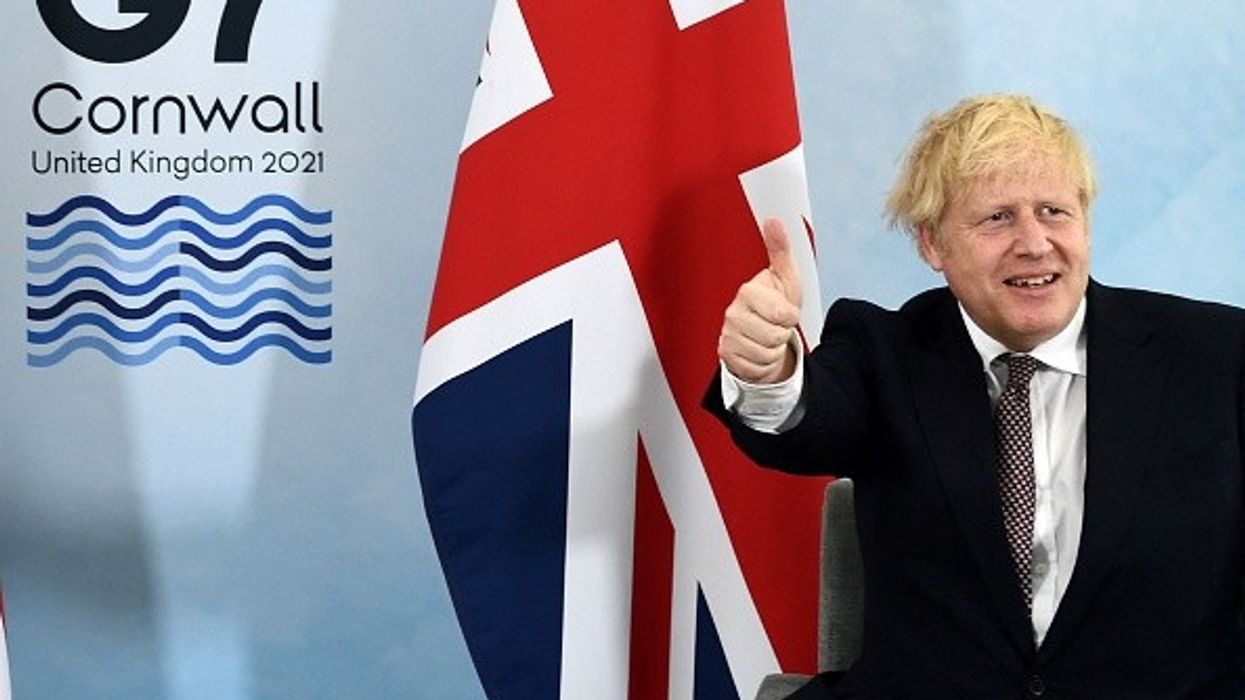THE G7 leaders will pledge to use their combined resources to ensure a global pandemic like Covid-19 is never repeated.
On the second day of their summit in Cornwall, hosted by the UK prime minister Boris Johnson, they will issue a declaration with a series of initiatives intended to achieve this.
The G7 leaders will issue the Carbis Bay Declaration after a special session on Saturday (12).
Johnson officially opened the 2021 G7 summit on Friday (11) in Cornwall, and urged fellow leaders to "build back better" as the world recovers from the Covid pandemic.
"I actually think that we have a huge opportunity to that because, as G7, we are united in our vision for a cleaner, greener world, a solution to the problems of climate change,” Johnson said in his opening remarks Friday (11).
The Saturday (12) session will also be attended by UN secretary general António Guterres and the World Health Organization (WHO) director Dr Tedros Ghebreyesus.
The declaration will list steps to reduce the time needed to develop and licence vaccines to under 100 days.
It will also include measures to reinforce global surveillance networks and genomic sequencing capacity along with strengthening of WHO.
The declaration is expected to incorporate recommendations from a report by a group of international experts drawn from across industry, government and scientific institutions.
The G7 nations are expected to collectively agree to provide a billion doses of Covid-19 vaccine in an effort to end the pandemic in 2022.
To significantly affect the transmission of virus at least 11 billion doses will be needed, as per WHO estimates.













